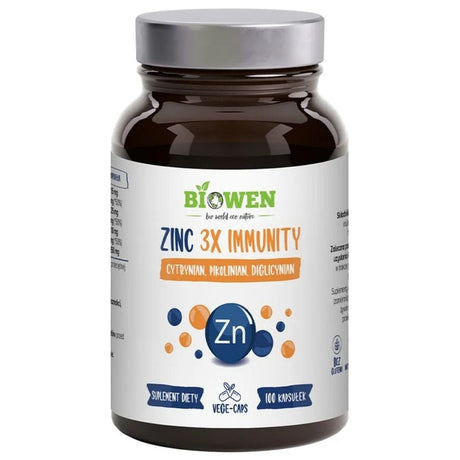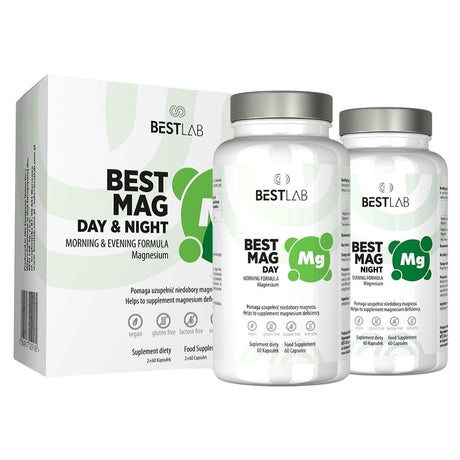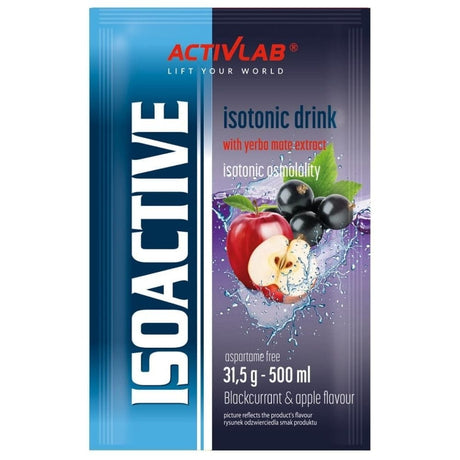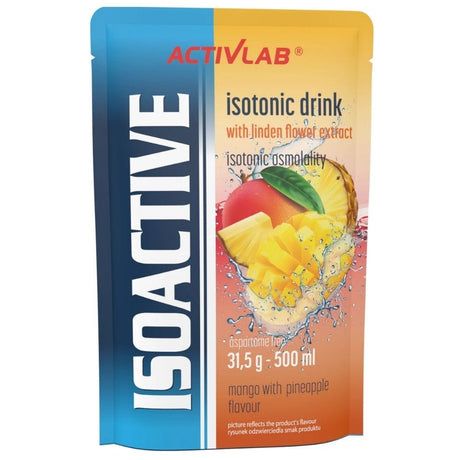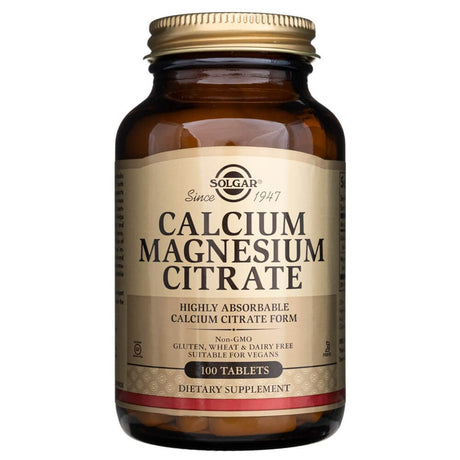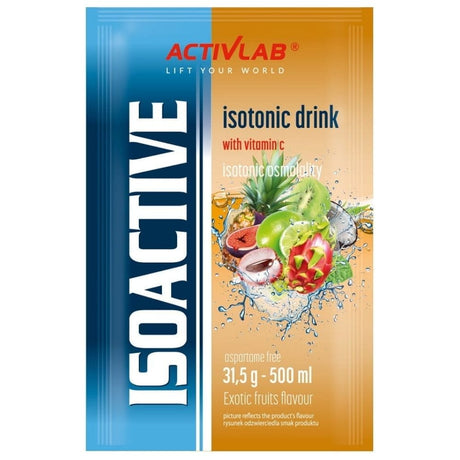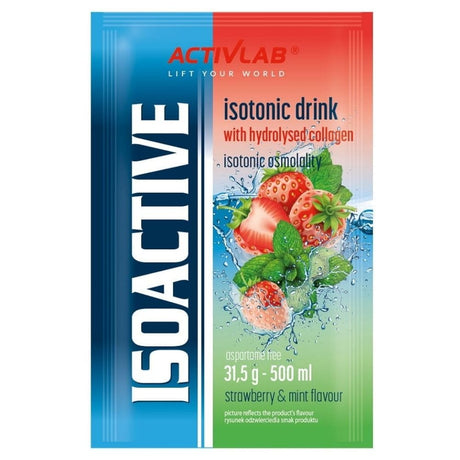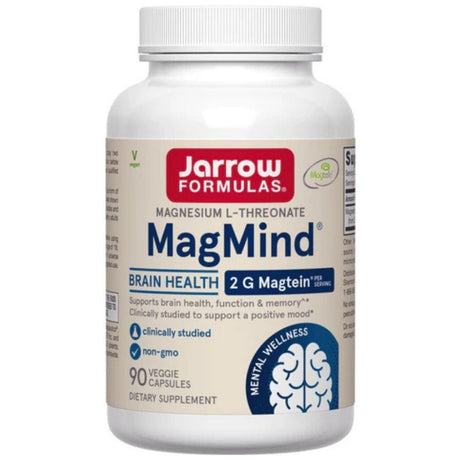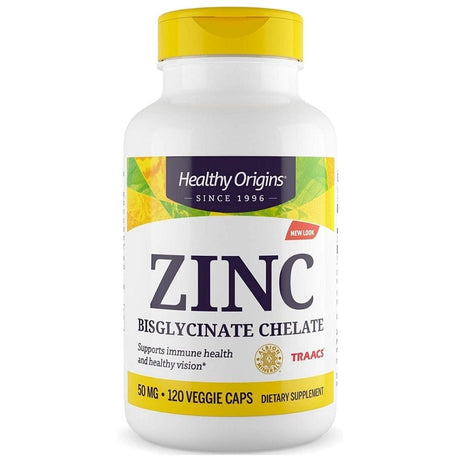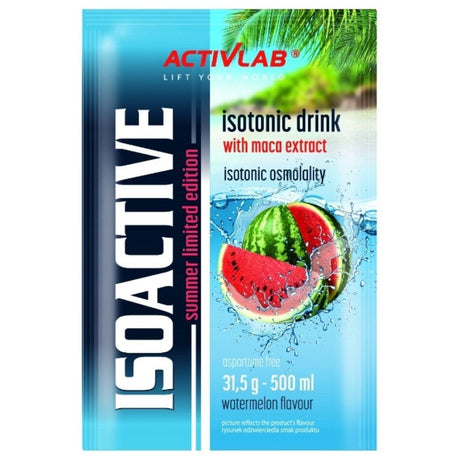Medverita
Medverita Chelaterad zink 15 mg - 180 kapslar
Ordinarie pris 62.49 krPris per enhet0.35 kr /itemEj tillgängligSwanson
Swanson Albion Bor Bor Organisk Glycin 6 mg - 60 kapslar
Ordinarie pris 33.39 krPris per enhet0.56 kr /itemEj tillgängligBiowen
Biowen Zinc 3X Immunity, Zinkkomplex – 100 kapslar
Ordinarie pris 133.89 krPris per enhet1.34 kr /itemEj tillgängligActivlab
Activlab Pharma Electrolyte Energy med koffein, körsbär - 20 brustabletter
Ordinarie pris 22.19 krPris per enhet1.11 kr /itemEj tillgängligBestLab
BestLab Best Mag Day&Night - 2x60 kapslar
Ordinarie pris 396.19 krPris per enhet3.30 kr /itemEj tillgängligSwanson
Swanson Albion Ferrochel Järn 18 mg - 180 kapslar
Ordinarie pris 94.79 krPris per enhet0.53 kr /itemEj tillgängligActivlab
Activlab Isoactive Isotonic med Yerba Mate, Svartvinbär med äpple - 31,5 g
Ordinarie pris 4.39 krPris per enhet139.37 kr /kgEj tillgängligOstroVit
Ostrovit VITA&MINERALS Sport - 30 + 30 kapslar
Försäljningspris 66.22 kr Ordinarie pris 73.59 krPris per enhet2.21 kr /itemEj tillgängligFormeds
Formeds Bicaps Kelp - 60 kapslar
Ordinarie pris 98.19 krPris per enhet1.64 kr /itemEj tillgängligNow Foods
Now Foods Daily Vits - 120 kapslar
Ordinarie pris 203.09 krPris per enhet1.69 kr /itemEj tillgängligActivlab
Activlab Isoactive Isotonic med Lime, Mango med ananas - 31,5 g
Ordinarie pris 4.39 krPris per enhet139.37 kr /kgEj tillgängligOlimp
Olimp Chela-Mag B6 Forte Shot, Apelsinsmak - 9 ampuller
Ordinarie pris 141.19 krPris per enhet15.69 kr /itemEj tillgängligSolgar
Solgar Kalciummagnesiumcitrat - 100 tabletter
Ordinarie pris 252.29 krPris per enhet2.52 kr /itemEj tillgängligMyVita
MyVita Silver hår hud naglar - 120 kapslar
Ordinarie pris 183.09 krPris per enhet1.53 kr /itemEj tillgängligInvex Remedies
Invex Remedies Silor B Kisel med bor, vätska - 500 ml
Ordinarie pris 251.09 krPris per enhet502.18 kr /lEj tillgängligALG Pharma
ALG Pharma Multivitamin - 60 kapslar
Ordinarie pris 45.69 krPris per enhet0.76 kr /itemEj tillgängligActivlab
Activlab Isoactive Isotonic med C-vitamin, Exotiska frukter - 31,5 g
Ordinarie pris 4.39 krPris per enhet139.37 kr /kgEj tillgängligActivlab
Activlab Isoactive Isotonic med kollagen, St RAW bär och mint - 31,5 g
Ordinarie pris 4.39 krPris per enhet139.37 kr /kgEj tillgängligStarpharma
Starpharma Hälsosam slickepinne, Ananas, Hallon, St RAW bär - 3 stycken + söt ring
Ordinarie pris 17.79 krPris per enhet5.93 kr /itemEj tillgängligJarrow Formulas
Jarrow Formulas MagMind ® Magnesium L-treonat – 90 kapslar
Ordinarie pris 543.59 krPris per enhet9.06 kr /itemEj tillgängligHealthy Origins
Healthy Origins Zink Bisglycinat Chelat - 120 kapslar
Ordinarie pris 208.69 krPris per enhet1.74 kr /itemEj tillgängligNow Foods
Now Foods Kaliumcitratpulver - 340 g
Ordinarie pris 142.79 krPris per enhet419.97 kr /kgEj tillgängligActivlab
Activlab Isoactive Isotonic med Maca, Vattenmelon - 31,5 g
Ordinarie pris 4.39 krPris per enhet139.37 kr /kgEj tillgängligOlimp
Olimp Chela-Mag B6 Forte Shot, Körsbärssmak - 9 ampuller
Ordinarie pris 143.69 krPris per enhet15.97 kr /itemEj tillgänglig
Förstå betydelsen av mineraler för din hälsa
Mineraler är viktiga komponenter som spelar en avgörande roll för att upprätthålla optimal kroppsfunktion. Dessa viktiga element bidrar till att bygga starka ben, upprätthålla syra-basbalansen, och bilda röda blodkroppar. Även om en balanserad kost kan ge många nödvändiga mineraler, kan tillskott vara fördelaktigt när kostintaget inte räcker till. Låt oss fördjupa oss i mineralernas värld, deras typer, och deras betydelse för en frisk kropp.
Mineralernas viktiga roll i kroppens funktion
För långsiktig hälsa, måste alla mineraler vara i balans i kroppen. Mineralbrister kan leda till allvarliga hälsoproblem som anemi, sköldkörtelproblem, och tandemaljförlust. Dessa vitala element reglerar hjärtslag, stärker ben och tänder, och hjälper till att upprätthålla hälsosamma blodtrycksnivåer. Att säkerställa ett tillräckligt mineralintag är nyckeln till att stödja det allmänna välbefinnandet och förebygga olika hälsoproblem.
Förstå olika typer av mineraler
Mineraler kategoriseras i två huvudgrupper: mikronäringsämnen och makronäringsämnen. Denna klassificering baseras på det dagliga behovet av varje mineraltyp.
Mikronäringsämnen: Små mängder, stor inverkan
Mikronäringsämnen är mineraler som behövs i små mängder, vanligtvis mindre än 100 mg per dag. Trots de små mängderna, är dessa mineraler avgörande för att kroppen ska fungera korrekt. Några viktiga mikronäringsämnen inkluderar:
- Zink : Viktigt för immunförsvaret, sårläkning, och hudens hälsa
- Koppar: Viktigt för hjärthälsa och syretransport
- Järn: Viktigt för bildning av röda blodkroppar och syrgascirkulation
Makronäringsämnen: Grunden för mineralhälsan
Makronäringsämnen behövs i större mängder, än 100 mg per dag. Dessa mineraler utgör grunden för många kroppsliga processer och är en integrerad del av cellstrukturen. Viktiga makronäringsämnen inkluderar:
- Kalcium : Avgörande för benhälsa och muskelfunktion
- Magnesium: Viktigt för energiproduktion och nervfunktion
- Kalium: Viktigt för hjärthälsa och vätskebalans
Viktiga mineraler för optimal hälsa
Alla mineraler är viktiga, men vissa kan vara svårare att få i sig enbart genom kosten. Här är några viktiga mineraler som förtjänar särskild uppmärksamhet:
Chromium: Blodsockerbalanseraren
Chromium är ett spårämne som spelar en avgörande roll i glukosmetabolismen. Det hjälper till att kontrollera blodsockernivåerna, vilket potentiellt kan minska risken för diabetes. Dessutom kan, krom bidra till att sänka det onda kolesterolet samtidigt som det höjer det goda kolesterolet, och skyddar mot åderförkalkning.
Zink: Immunförsvaret och huden
Zink är viktigt för att bibehålla en frisk hud, hår, och naglar. Det spelar också en viktig roll för sårläkning och immunförsvaret. Zinkbrist kan leda till förlängda läkningstider och hudproblem. Detta mineral bidrar också till benstyrkan, vilket gör det fördelaktigt vid tillstånd som reumatism.
Koppar: Hjälper cirkulationssystemet
Koppar är avgörande för att upprätthålla ett hälsosamt cirkulationssystem och en god hjärtfunktion. Den hjälper till med syretransporten till cellerna och påverkar neurotransmittoraktiviteten, vilket kan förbättra hjärnans funktion. Genom att säkerställa ett tillräckligt kopparintag kan man stödja den övergripande kardiovaskulära och neurologiska hälsan.
Slutsats: Omfamna mineralhälsan
Att förstå mineralernas roll i kroppen är avgörande för att upprätthålla optimal hälsa. En balanserad kost är den bästa källan till mineraler, men, kosttillskott kan hjälpa till att åtgärda brister och stödja det allmänna välbefinnandet. På Medpak, erbjuder vi ett brett utbud av högkvalitativa mineraltillskott som hjälper dig att tillgodose dina näringsbehov. Utforska vår kollektion och ta ett steg mot bättre hälsa Toda y.


